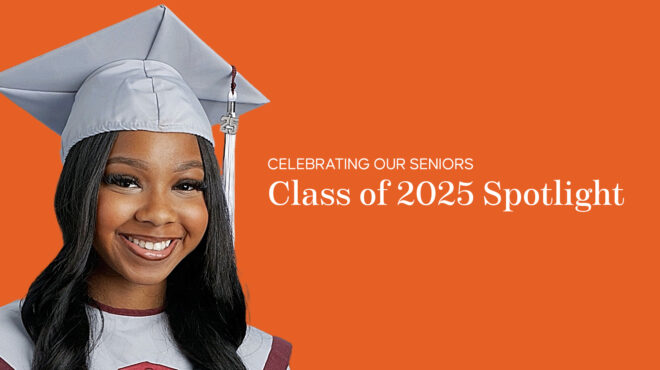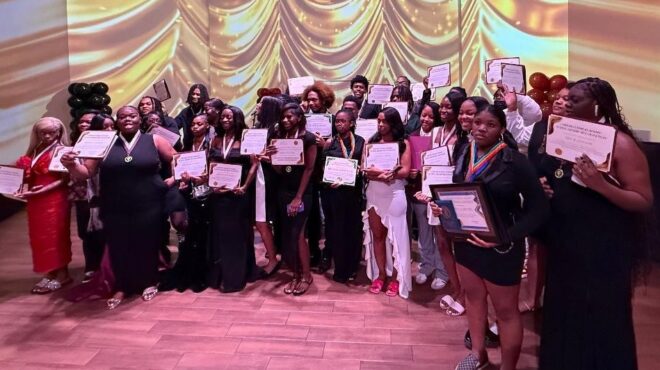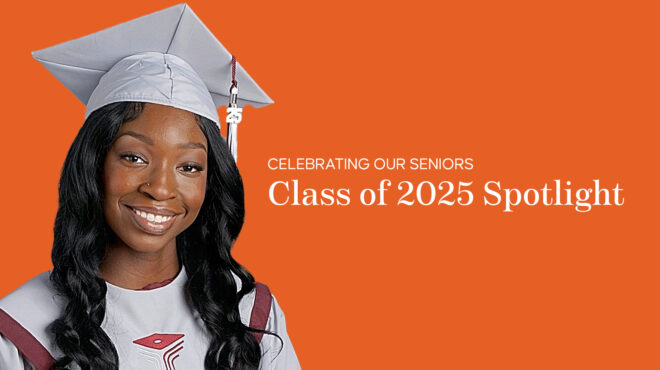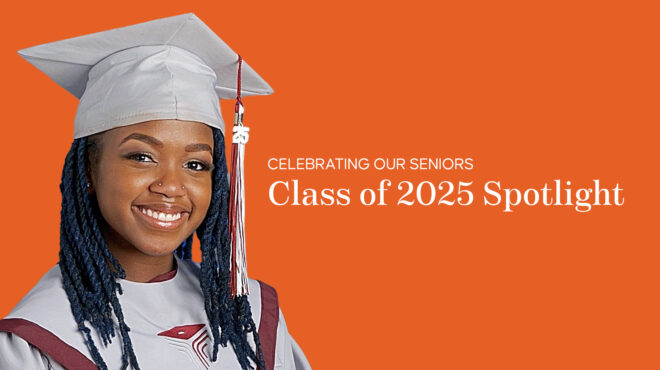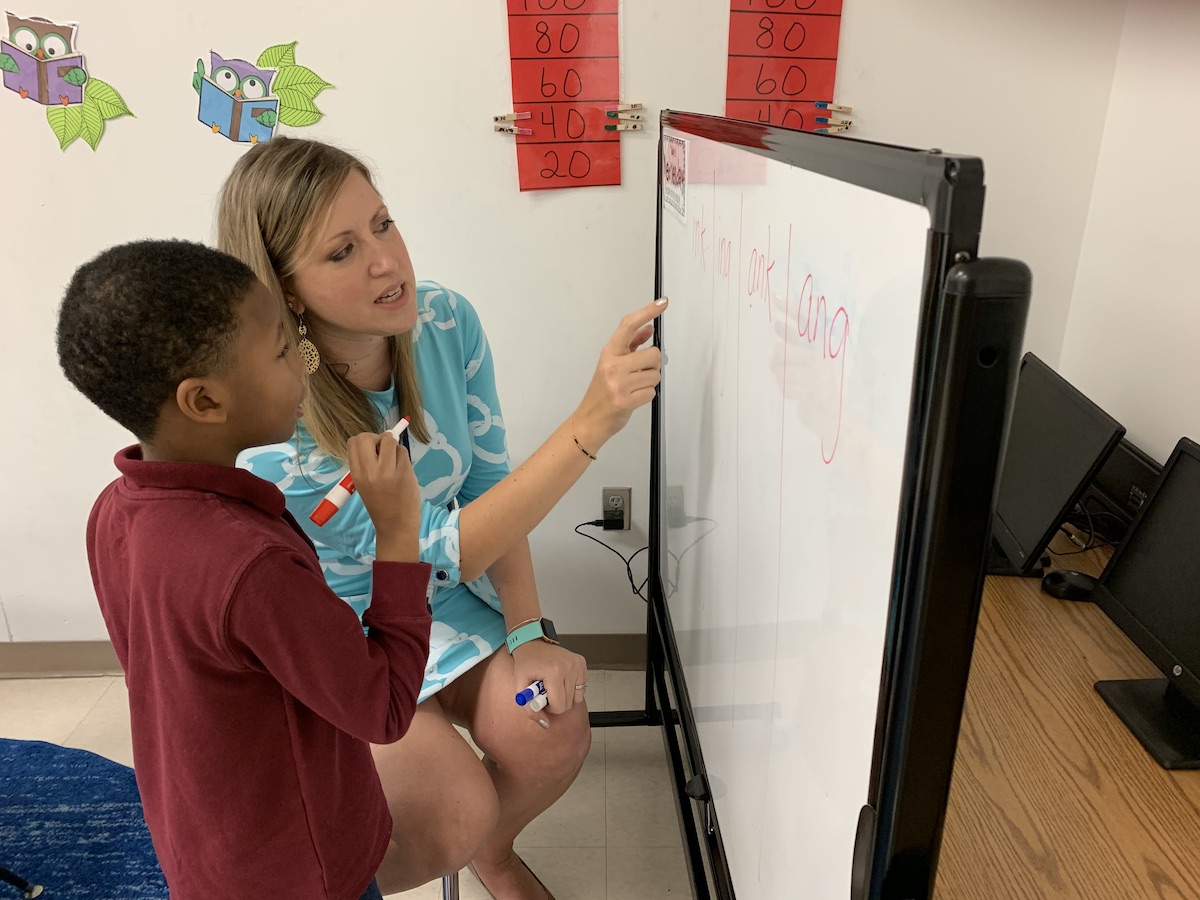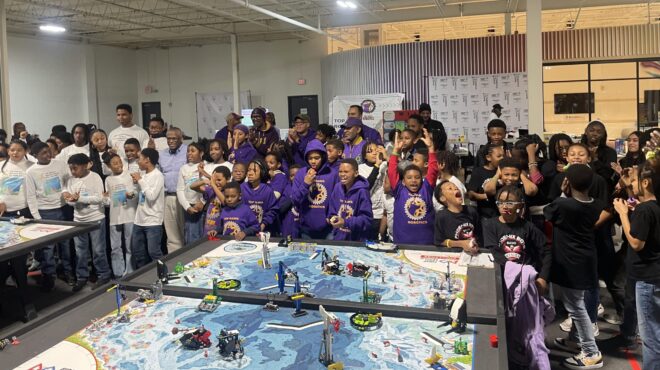By Greg Giornelli
President, Purpose Built Schools Atlanta
It’s no secret that we believe in doing things a little differently around here.
At Purpose Built Schools, we have the benefit of running Partner Schools. Five years ago, in a first-of-its-kind agreement, Atlanta Public Schools contracted with us to operate Thomasville Heights Elementary School, and subsequently Slater Elementary School, Price Middle School and Carver STEAM Academy in the years that followed. These were some of the district’s lowest-performing neighborhood schools, and the goal was to try something new to help turn them around.
As Partner Schools, APS has given us the full autonomy of charter schools, but our four schools remain true neighborhood schools serving all students within our attendance zones.
We believe the partner school model gives us many advantages that positively impact our students – because we can respond to their unique needs, as well as the needs of our families and neighborhoods.
Exactly What Our Community Needs
Take, for example, our virtual school model during the pandemic. Each of our schools was given the flexibility to adapt its schedule and curriculum to best meet the needs of its specific students. Metro Atlanta public school districts must find a single, common approach for nearly 100 schools, while we have been able to tailor every decision specifically to each school and set of students.
That also goes for our decision to return to in-person instruction only when the timing was right for our community. Given the levels of COVID-19 spread in our community in early January, we felt it was in the best interest of our students, staff and families to remain virtual and allow more time for the spread to decrease. When other schools decided to re-open, we made the choice to stay virtual.
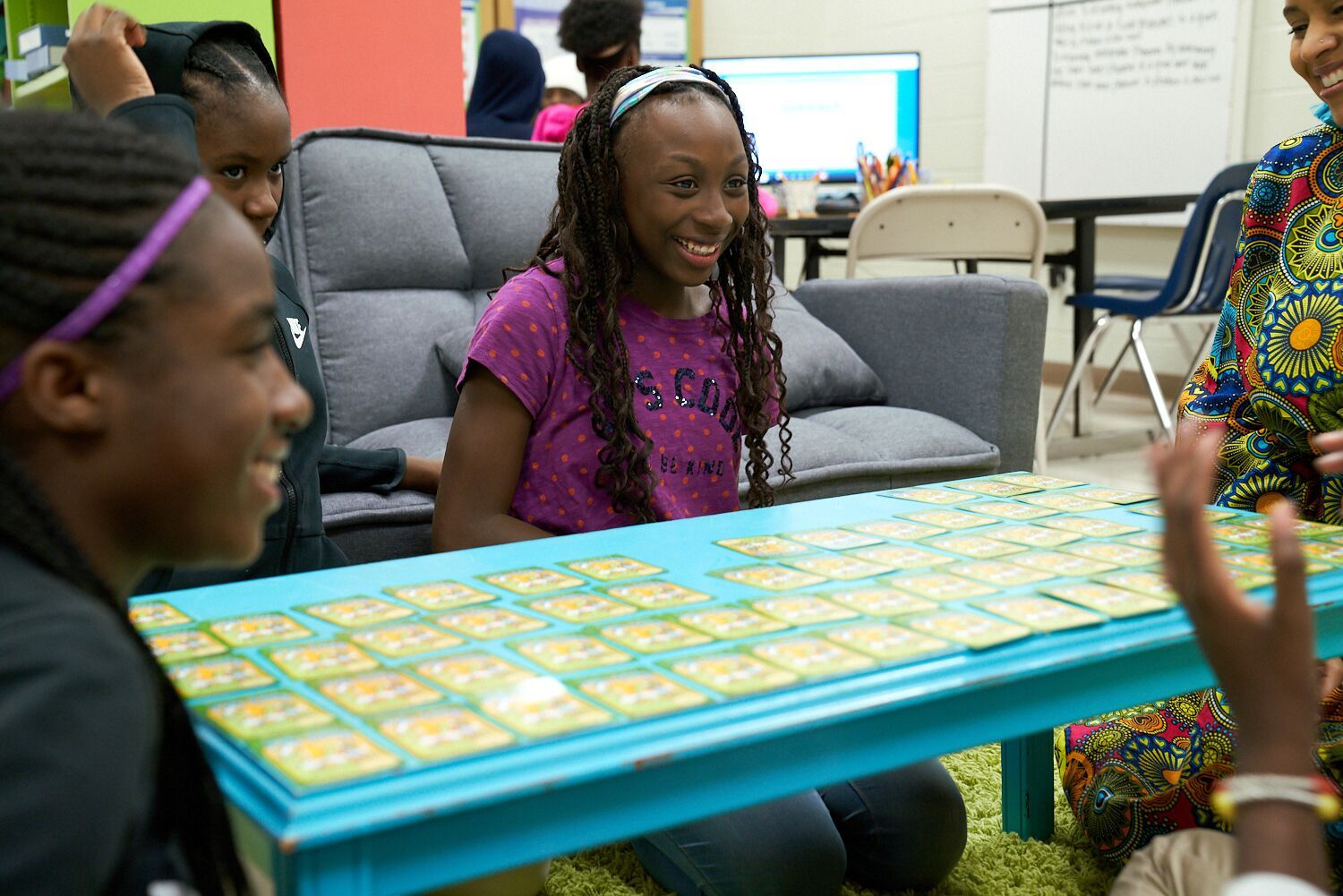 As partner schools, we are fortunate to be in a position to make decisions about what is best for the particular community we serve. We took into consideration the higher risk that COVID-19 presents to our predominantly African American population of students, staff and families. We also surveyed families and staff about their intentions for returning. All of these factors, and more, played into what was a difficult decision to make.
As partner schools, we are fortunate to be in a position to make decisions about what is best for the particular community we serve. We took into consideration the higher risk that COVID-19 presents to our predominantly African American population of students, staff and families. We also surveyed families and staff about their intentions for returning. All of these factors, and more, played into what was a difficult decision to make.
Instead, we were able to use February as an interim step to focus on students returning to school and began the important work of re-acclimating students to in-person instruction. We started bringing in small groups of students for interventions and assessments. We partnered with the Boys & Girls Club of Metro Atlanta to host small group pods. We knew we could do this safely in small groups, in a controlled environment, with the many safety practices and procedures we are ready to implement.
Bringing in The Right Partners
Another positive for the partner school model is that we are able to go above and beyond the typical support that a neighborhood school provides. Through a robust group of partners, we coordinate a range of services to overcome both academic and nonacademic barriers to student success. While we receive the same per-pupil funding as every other public school in APS, we have the flexibility to raise additional funds — and have raised roughly $15M in just five years– to supplement our programs.
This has never been more necessary than right now in the midst of a pandemic – and as we look forward to the hard work of recovering from the pandemic. With the autonomy that allows us to be creative, we facilitated an incredibly effective door-to-door food delivery program with Chris 180, CARE and a grass roots start up non-profit called COR. Our schools served as the base for a food access program that reached out even beyond our own families to keep more than 2,000 South Atlanta families from going hungry. Our in-school housing advocates and lawyers from Atlanta Volunteer Lawyers Foundation provided nearly $200,000 in housing assistance to our families. And we rapidly evolved and expanded our literacy initiative with The Schenck School to deliver virtual small group instruction.
Almost all of our more than 60 partners have been working with students throughout the pandemic to mitigate the negative impacts of being at home and ensure they have been fully engaged, logged in, and have access to food and healthcare.
Trying A New Approach
School systems need incubators for new ideas. That’s what Purpose Built Schools Atlanta is for APS. The partnership school model allows us to use an innovative approach to improve historically-underperforming schools in some of the most challenging of circumstances.
By combining the best of traditional public schools with the best of charter schools, we offer a proven program designed to put all students on a trajectory for success through college and in their careers. We get to assess exactly what our students need and do what works best for this specific community.
In a pandemic or beyond, that’s a model that works every time.



